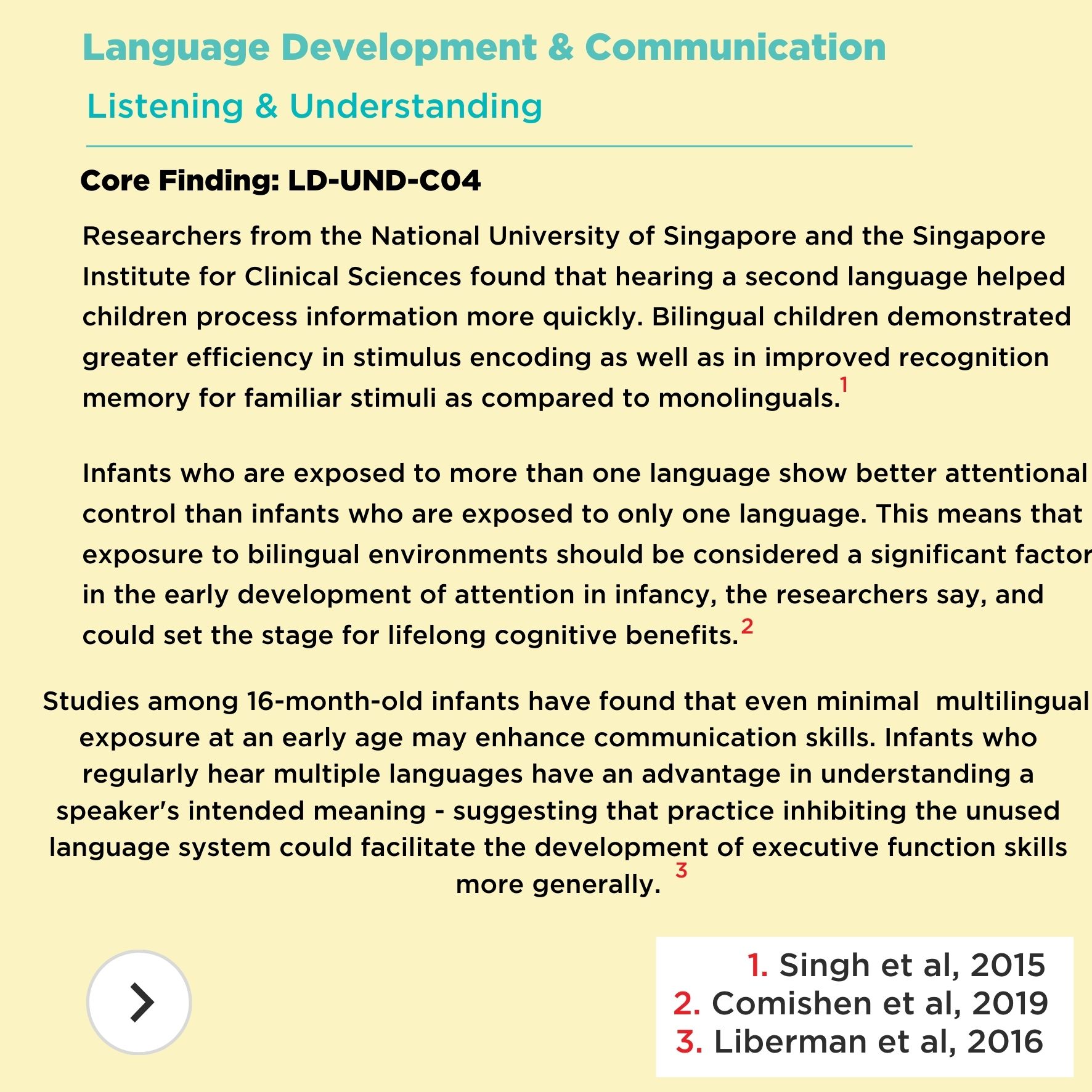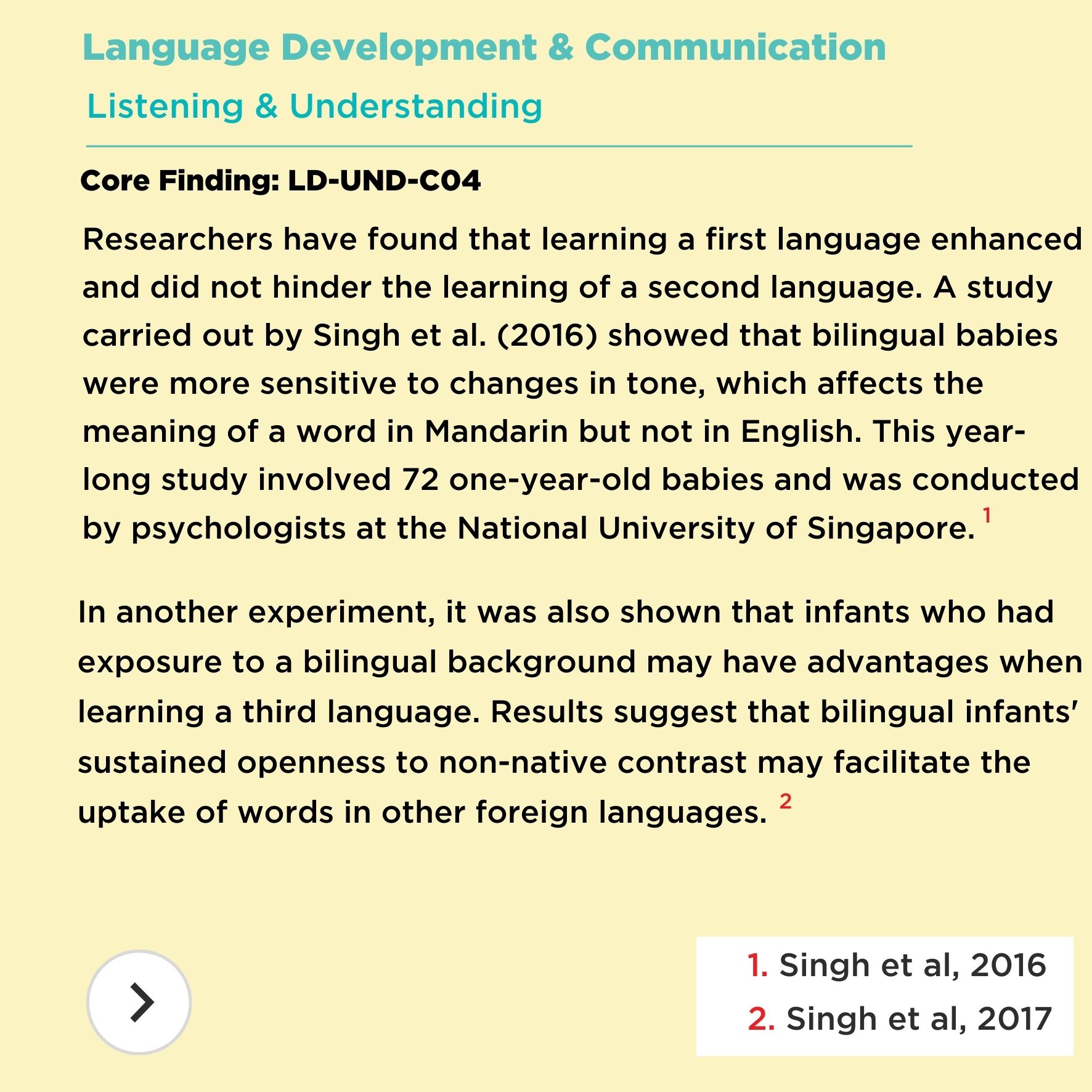Photo taken in collaboration with Larry Toh
Philosopher Ludwig Wittgenstein once wrote, “The limits of my language mean the limits of my world.” When we learn a new language, it is said that we have access to more of the world.
However, that isn’t the only advantage of being bilingual, which is being able to speak more than one language.
Research has found that learning two or more languages can greatly enhance our cognitive ability, as bilingualism stimulates mental development not only in children, but even adults.
When we switch between languages, the executive function of our brain – a set of mental skills that include working memory, flexible thinking, and self-control – is enhanced, leading to a more flexible and agile mind.
BILINGUALISM TRAINS THE BRAIN
The bilingual mind works quickly to turn on one language and turn off the other. This mental work of going back-and-forth between two languages enhances cognitive development.
As such, children who are bilingual have mental flexibility, an agility of the mind that allows them to easily adapt to new rules and situations.
Such flexibility also leads to greater creativity in bilingual children. That’s because children who can think in two languages can see the same situation in more than one way. This capacity for divergent thinking helps them solve complex problems.
Due to regularly having to switch between languages, bilingual children also have a stronger ability to focus and shift their attention between different tasks faster.
BILINGUALISM IMPROVES LANGUAGE LEARNING
Bilingual children have a stronger aptitude for languages and will find it easier to learn new languages.
Fluency in one language helps one pick up a second one, and two languages promote the learning process of a third one.
This is because different languages complete and reinforce each other, and provide means to improve the learner’s phonetic, morphological and syntactic skills.
BILINGUALISM EXPANDS ONE'S OPENNESS TO OTHERS
Bilingual children have also been observed to be more socially well adjusted.
Language opens your child’s world to different communities. From early childhood, bilingual children are better able to see things from other people’s perspectives and communicate the viewpoints of another person.
Recent research from the National University of Singapore shows that bilingual children demonstrate fewer racial biases than monolingual children. Bilingualism, therefore unlocks the potential for building social connections.
Bilingualism may appear to be challenging for young children and their parents, but remember that babies are not born monolingual or bilingual. Every child thus has the potential to learn one or more languages, so don’t hesitate to immerse your children in a bilingual environment from birth!

